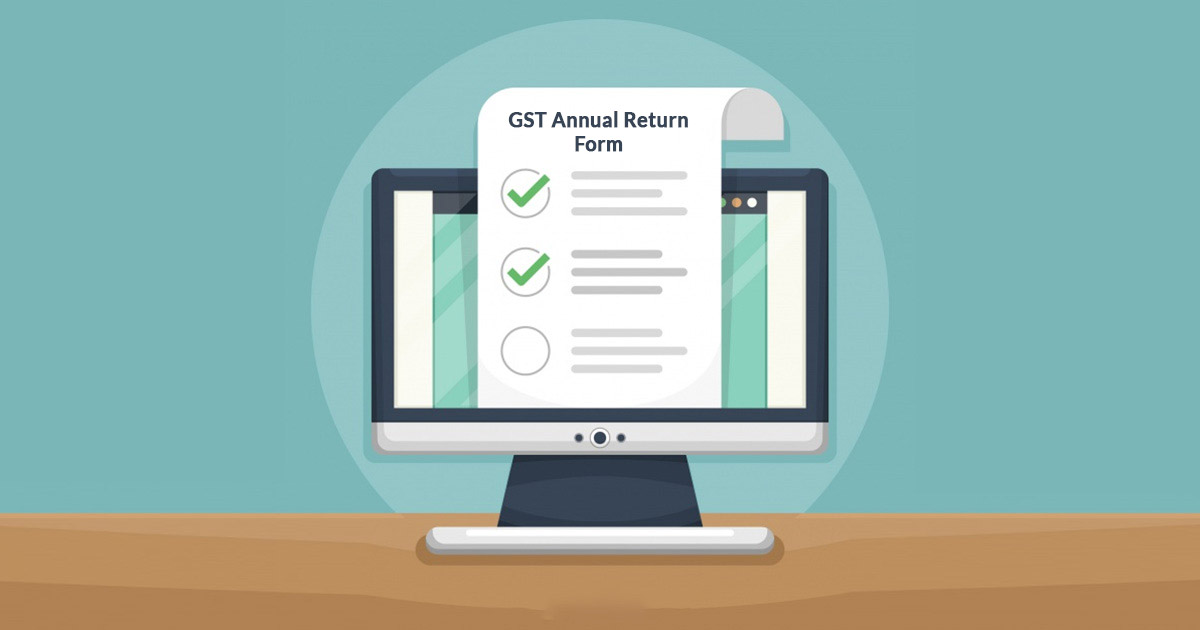Finally, the first-ever GST Annual return will be filled on 30th June 2019 and it feels like the date is arriving at a high pace so there are certain key points which should be kept in mind by the taxpayer so that the efforts do not go futile.
Saloni Roy, Senior Director, Deloitte India, tells one of the key points that a taxpayer should make sure that the filings are accurate and the data that you have furnished should be reliable enough along with acceptable and adequate backups as it will be required at the time of GST Audit.
“This annual return also allows you to make certain edits. In case your previous return did not have the complete data, you can now make certain edits. However, no additional input tax credit can be claimed and whatever has been filed till GSTR 3B will stay,” says Roy.
The dates for the same have been rescheduled twice, initially from December 2018 to March 2019 and then again rescheduled to June 30th, 2019, which offered ample time to the taxpayers. According to Roy, this additional timeline is also a key point that should be kept in mind and since it is the first time everyone is filing returns so everyone should take advantage of this time and prepare accordingly and completely so that later we will not have to face any difficulties.
“This annual return also allows you to make certain edits. In case your previous return did not have the complete data, you can now make certain edits. However, no additional input tax credit can be claimed and whatever has been filed till GSTR 3B will stay,” says Roy.
Additionally, there would be some extra efforts in terms of the input tax credit, which would refer to the classification of ITC under different heads like inputs, input services and capital goods. The key point here is to give proper time in its preparation.
Return filing is accompanied with GST audit which interprets that GST Audit needs to be submitted along with the Return at the same time and GST audit is mandatory to be done for each GST registration.
“Return, in this case, is the primary document, and the audit follows through from the return. The audit is essentially a reconciliation of the returns with a taxpayer’s financial detail. Like the return, the audit needs to be done for each GST registration. The return is a precursor to the audit, but sufficient time needs to be allotted since the date of filing for both documents is the same,” says Roy.
It is mandatory for every taxpayer who has a turnover of Rs 2 crore in a financial year, to file an Audit report. And since the GST regime started from the month of July, the period for the annual filing limited to 9 months instead of standard 12 months /1-year from April 1st 2017 to March 31st 2019.
“Technically the turnover should have been from April 1, 2017, to March 31, 2018, but there is some confusion since GST kicked in during the month of July 2017, which means the period in the question is nine months. There is some ambiguity around it, but the law states Rs 2 crore in a financial year,” says Roy.
